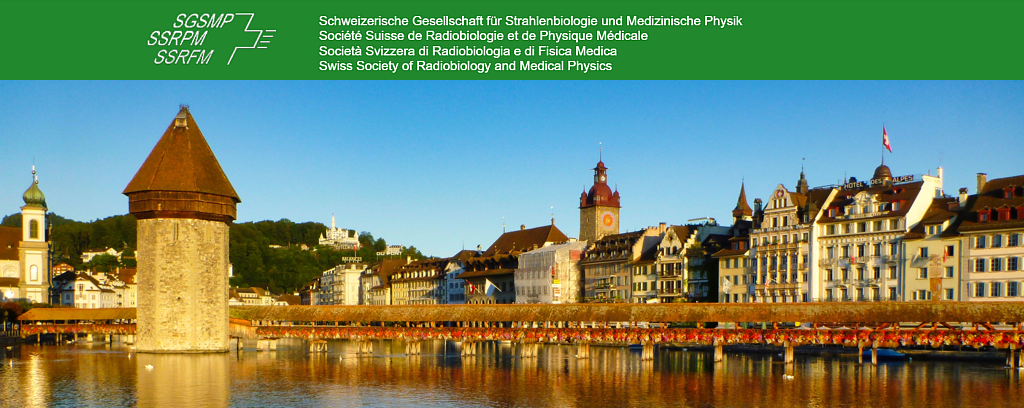Speaker
Description
Purpose: To develop a fast, deep-learning based Monte Carlo dose distributions (MCDD) denoising framework for 6, 10 and 15 MV volumetric modulated arc therapy (DeepSMCP) and integrate it into the Swiss Monte Carlo Plan (SMCP).
Methods: DeepSMCP is integrated into the SMCP framework as an additional dose-calculation algorithm and can be selected using the SMCP’s graphical user interface. It uses a 4-layer 3D-Unet, to predict a denoised MCDD of low statistical uncertainty, <1% (target), based on the CT and a MCDD of high statistical uncertainty, approximately 60% (input). DeepSMCP is trained on the dose distributions of 106 clinically-motivated VMAT plans for 29 CTs. The plans are augmented to 3074 different plans by randomly changing mu-values, energy (6, 10, 15 MV), collimator-angle and isocenter-position. The number of simulated primary particles is 1.5 MM and 500 MM for input and target dose calculation, respectively. Dose outside the body contour is set to zero. The model denoises 192x192x64 voxels at once. Smaller geometries are padded with zero voxels, larger geometries are handled using a patch-based approach.
Model accuracy is evaluated by gamma passing rate (3% (global)/ 3 mm, 10% threshold) and root-mean-squared error (RMSE) between target and denoised dose distributions for 307 test cases. Model performance is also assessed by calculation time.
Results: Model accuracy shows an average (standard deviation) gamma passing rate of 94.0% (2.3%) and average RMSE of 1.1910-4 Gy/MU (0.2410-4 Gy/MU) for voxels with dose greater 10% of the maximum dose. Model performance on a CPU is on average 32.7 s (7.5 s) for the input MCDD. The subsequent data loading, preprocessing, and denoising takes an average of 2.6 s (0.3 s) on a GeForce RTX 3090 GPU. This compares to a MCDD with low statistical uncertainty taking on average 3.3 h (42 min).
Conclusion: DeepSMCP is successfully integrated into the user-friendly SMCP framework. The introduced approach offers a substantial reduction in computational time compared to a full MC dose calculation, while achieving reasonable accuracy.
Supported by Varian Medical Systems.

